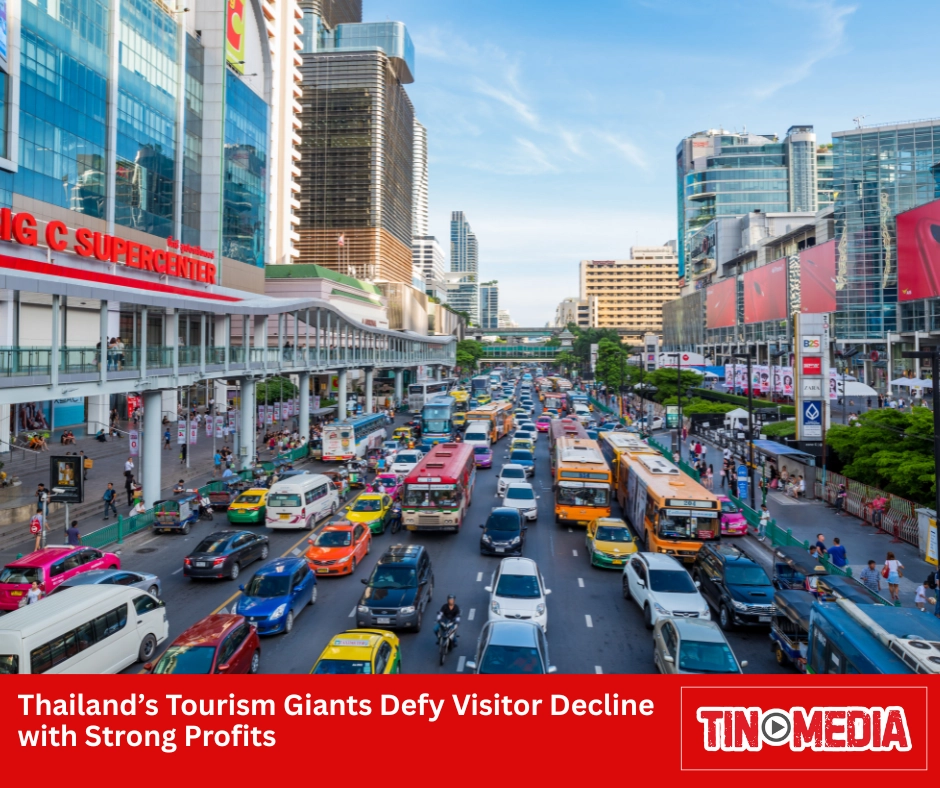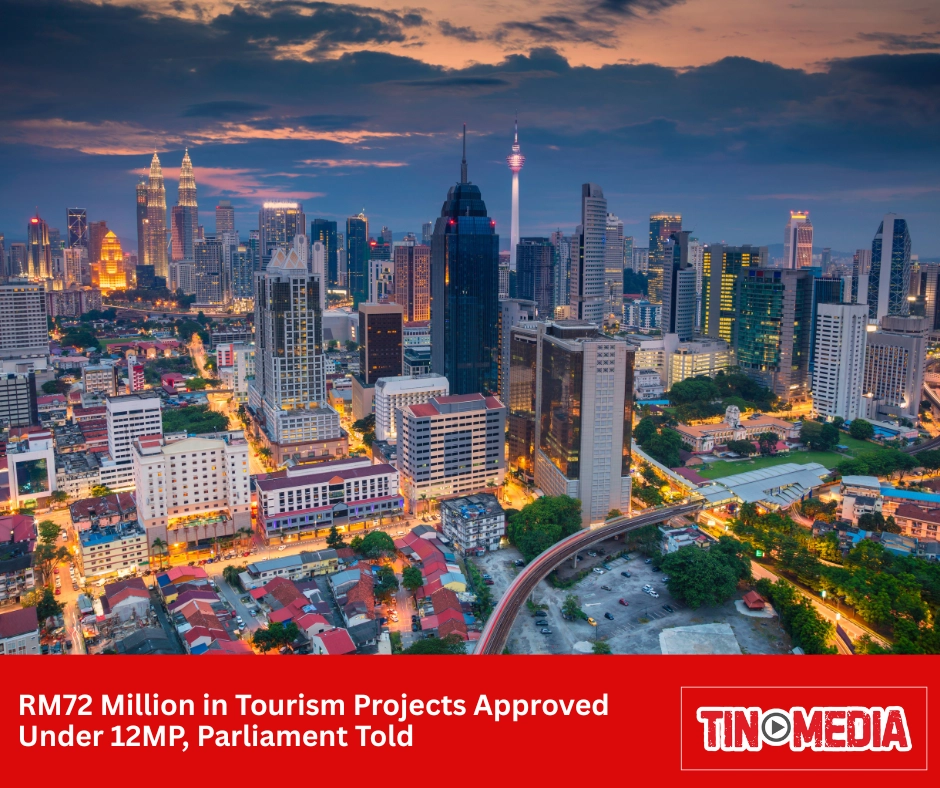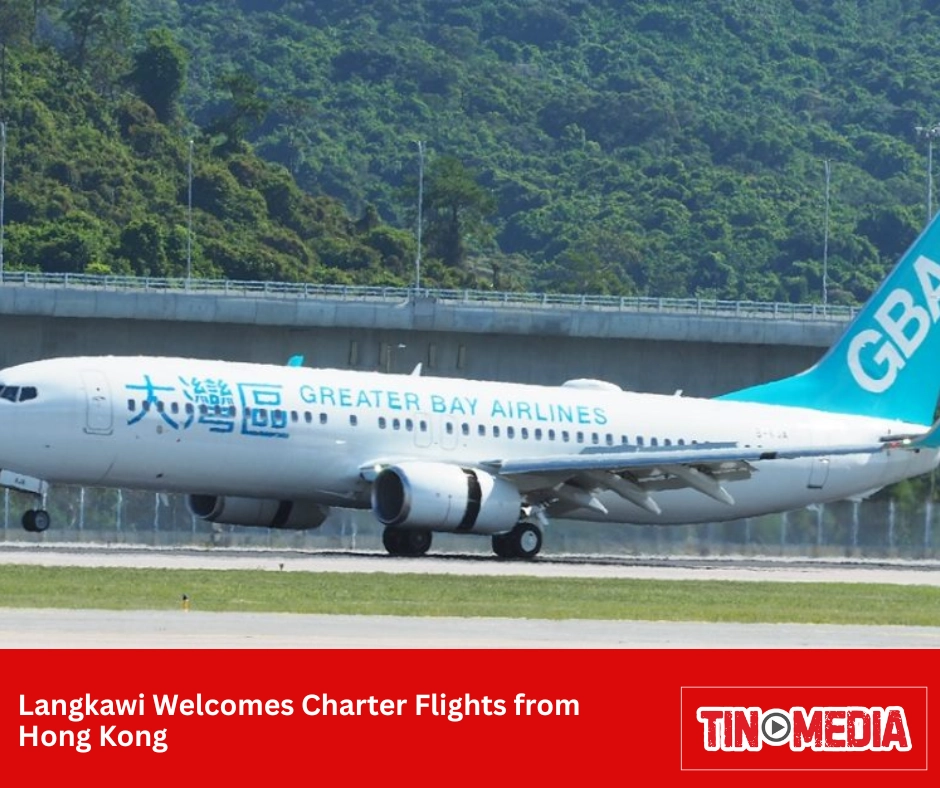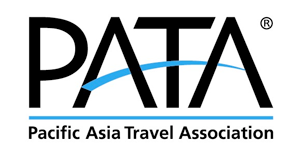Malaysia’s education sector has witnessed a remarkable upswing in international interest, with a 26% increase in student applications from abroad over the past two years. The latest data from Education Malaysia Global Services (EMGS) highlights the country’s growing prominence as a global education hub, driven by improved university rankings, pro-student policies, and a strategic push to integrate education with tourism.
In the second quarter of 2025 alone, Malaysia received 12,469 applications from East Asia, followed by 8,046 from South Asia, and 4,990 from the Middle East and North Africa. China topped the list with 10,947 applications, followed by Bangladesh (4,159), Indonesia (2,194), Pakistan (1,412), and India (1,388).
Malaysia’s Universities Rise on Global Stage
The surge in applications is underpinned by the rising global reputation of Malaysian institutions. According to the QS World University Rankings 2026, 32 Malaysian universities now rank among the best in Southeast Asia. Notably, Sunway University jumped over 120 places to reach the 410th position globally, earning recognition as the most improved university in the QS system.
In addition, seven Malaysian universities have secured spots in the Times Higher Education (THE) World University Rankings 2025, all within the top 500. These achievements underscore the country’s commitment to academic excellence and signal its readiness to welcome more international scholars.
Graduate Pass: A Game Changer for International Students
Among the key policy changes boosting Malaysia’s education tourism is the Graduate Pass, introduced in December 2023. This post-study visa allows international graduates to remain in Malaysia for up to 12 months after graduation without employer sponsorship. Currently open to graduates from 32 countries, the initiative strengthens Malaysia’s workforce by retaining skilled international talent and enhances the nation’s appeal as a study destination.
Complementing this, Malaysia has streamlined the student arrival and admissions process via centralized platforms, improving convenience and turnaround time for applicants.
Education-Tourism Integration Boosts Economic Impact
Beyond academia, international student influx is significantly contributing to Malaysia’s tourism and local economies. In 2025, the country welcomed over 10 million international visitors, with a notable portion comprising students and their families.
The presence of international students has stimulated demand for housing, transport, and cultural experiences—fueling businesses and supporting local communities. This convergence of education and tourism is also promoting Malaysia as a vibrant, multicultural destination.
Ambitious Goals and a Strategic Vision
Malaysia has set a bold target of 250,000 international students by end-2025, a goal supported by its rising university rankings, progressive visa policies, and consistent quality of education.
This vision aligns with broader national objectives, particularly as Malaysia strengthens its position ahead of Visit Malaysia Year 2026, positioning education as a key pillar alongside tourism.
Top Competing Education Tourism Destinations in Asia
While Malaysia continues to rise, other Asian nations are also advancing:
-
Singapore remains a major education hub, home to international branch campuses and popular international schools.
-
South Korea is drawing more postgraduate applicants due to its innovation-driven curriculum.
-
Taiwan is offering competitive scholarships and government-backed programs for international students.
-
Hong Kong stands out for its high-impact research institutions and cross-cultural experience.
Market Outlook: Strong Growth Ahead
The Asia Pacific region dominated the educational tourism market in 2024, holding a 39.6% share, and is projected to grow at a CAGR of 14.6% through 2030. Globally, the educational tourism market is expected to reach USD 428.53 billion in 2025, with postgraduate travel leading growth at a CAGR of 14.7%.
- TAGS / KEYWORDS:
- trending#1


















.png)














